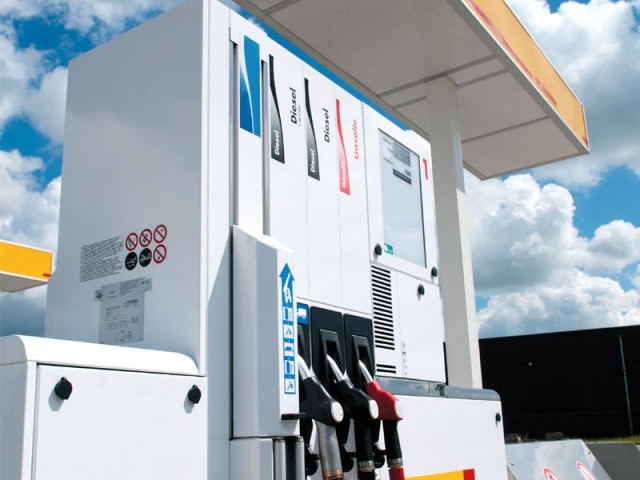Government’s cut: Oil consumers pay Rs262b in taxes this year
Collection of petroleum levy, GST on oil products rises 16.6%.

Despite claims of paying subsidy to oil consumers, the government still managed to collect Rs261.8 billion in taxes from consumers because of high oil prices in the first 10 months (July-April 2011-12) of the current fiscal year, an increase of 16.6% over the corresponding period of last financial year.
According to a senior official of the Ministry of Petroleum and Natural Resources, of the total amount, Rs51.77 billion was collected as petroleum levy and Rs210.05 billion as general sales tax (GST).
“The total collection of petroleum levy and GST is higher by Rs37.37 billion than the collection of Rs224.46 billion made in the same period of previous financial year 2010-11,” the official said.
In 10 months of 2010-11, Rs60.08 billion was collected as petroleum levy and Rs164.37 billion as GST on petroleum products.
In 2010-11, the GST rate was 17% which was curtailed to 16% in the ongoing year. “But despite the decline in GST rate, tax collection rose due to higher oil prices in the country,” the official added.
A comparison of data shows that collection of petroleum levy dropped by Rs8.31 billion in the current year, but GST collection from petroleum products increased by Rs45.68 billion.
According to a breakdown of petroleum levy collection, the government bagged Rs26.12 billion from high-speed diesel, Rs24.92 billion from petrol, Rs90 million from high octane blending component (HOBC), Rs580 million from kerosene oil and Rs60 million from light diesel oil.
In the case of GST, the collection was Rs88.21 billion from high-speed diesel, Rs38.03 billion from petrol, Rs200 million from HOBC, Rs1.96 billion from kerosene oil, Rs8.25 billion from JP-1, Rs360 million from light diesel oil and Rs73.04 billion from furnace oil.
The official said though the government had reduced the rate of petroleum levy to offset the impact of high international oil prices, it increased oil prices several times in line with the rise in global crude prices because of unrest in the Middle East.
For the ongoing financial year, the rate of petroleum levy was fixed at Rs14 for per litre of HOBC, Rs10 for per litre of petrol, Rs8 for high-speed diesel, Rs6 for kerosene oil and Rs3 for light diesel oil.
However, the government has slashed the levy to adjust the increase in oil prices and is charging Rs8.86 on per litre of petrol, Rs11.84 on HOBC, Rs5.15 on kerosene oil, Rs3 on LDO and Rs4.20 on high-speed diesel.
Published in The Express Tribune, May 13th, 2012.



















COMMENTS
Comments are moderated and generally will be posted if they are on-topic and not abusive.
For more information, please see our Comments FAQ